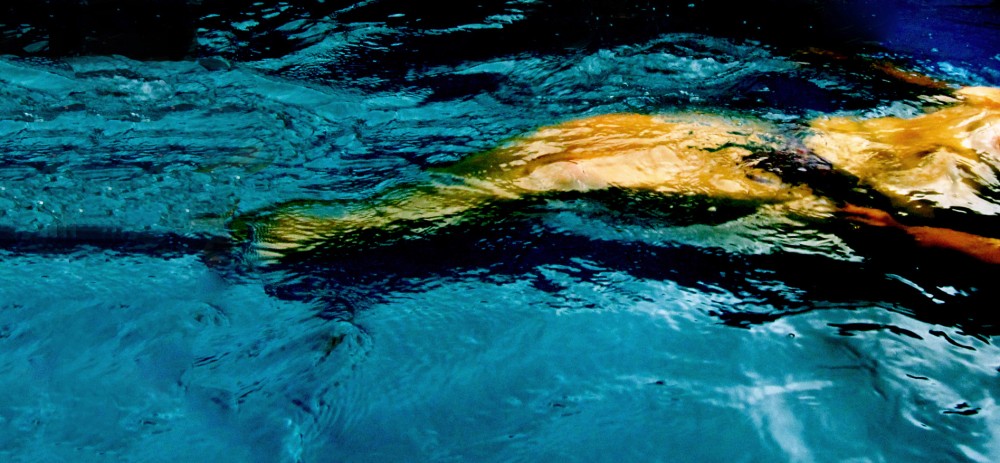“Do you think that animals go to Heaven?” asked a friend of mine.
“No,” I replied.
“Why not? If there is a Heaven and God, why wouldn’t He allow animals into Heaven?” he challenged.
“Because animals don’t have conscious thought,” I answered meekly and without much conscious thought as I had never before had the question put to me.
This snippet of a longer conversation took place many moons ago when I was about twenty-two. As you can guess, my friend, who was an atheist, was trying to make me see how ridiculous I was to have any doubt about the existence – or rather the non-existence – of God.
In the ensuing years I have often thought about the gist of that conversation and have had cause to reconsider the idea of ‘conscious thought’ as being the main difference between humans and animals. Quite a deal of ‘conscious thought’ went on during my last night of farm-sitting, and I can tell you that most of it came from the characterful, considerate, understanding, loving and beautiful dogs in my care…
Coming down in favour of a good night’s sleep instead of another night of love, I said goodnight to the four lovely girl dogs in the kitchen and shut my bedroom doors behind me before getting into my sumptuous four-poster bed. “I shall sleep well tonight,” I thought, as I closed my eyes. No sooner had I enjoyed that thought than the door was pushed open by Inca. I put on the light to be sure.
“Not tonight Inca,” I said and I took her out to her basket. “Now you be good and stay here with Malachi, Jas and Sasha.”
Perhaps twenty minutes had elapsed when I was awakened by the sound of paws on the door, and again, a bigger push – and Inca was in. I didn’t have the heart to turn her away again but I got up and almost closed the door – leaving it just a crack open – to let the others know that it was not going to be a free for all night. Inca claimed her prized spot (the full half of the bed to my right) and we slept soundly for a couple of hours. Jas waddled in – she needed the air – and everyone, including ‘Horsey’ (Hunter) the cat and I, took the air. We all went back to our respective beds.
Some hours later (I didn’t ascertain the time) dear Malachi, like a responsible older sister, entered with little Sasha (the tiny white fluffy one). Sasha ran over to the bedside and reached her paws up to me. Malachi stayed by the door and looked on, as if to say, “I don’t mean to intrude – I shan’t be staying myself – but I think it only fair that Sasha have a turn sleeping with you. If you don’t mind, that is…”
“Okay, Malachi,” I said. “Come on Sasha!” And I picked her up and brought her onto the bed.
Inca relinquished her position without being asked and went back into the kitchen.
Sasha moved her small body, one way then another, under my hand so that I would always stroke the place she like best at any given moment; and her sweet notes of pleasure filled me with love for the little creature. I went to sleep feeling the softness of her tongue licking my hand.
Naturally, Inca couldn’t bear to be away too long and she found her way back in to the end of the bed. At dawn Inca began licking Sasha and Sasha returned the good morning kiss. At last Inca snuck in-between Sasha and me – no hard feelings from the tiny one who had had her blissful sleep.
Now if anyone asked me, “Do you think that animals go to Heaven?”, I would have to ask, “Why not?”
According to an article in “The Real Truth” there are many distinctive characteristics that set humans apart from animals; some of these characteristics (which I would question) are listed below:
• Self-consciousness: Beyond a simple recognition of self (as seen in a few animals), man can step back and become a spectator, critic or admirer of the world around him.
• Understanding time: Animals are only able to relate time to themselves; they have no ability of relating time to third parties.
• Connections between words: While animals can understand simple words or tones, they do not comprehend syntax or communicate in complex sentences.
• A sense of morality: Animals always take the path of least resistance. They do not have a conscience or sense of right and wrong.
• Free moral agency: Animals react through instinct—programming.
• Capacity for wisdom: Without the ability to place themselves in time, animals are unable to weigh situations with previous experiences. While animals are able to develop behavioral patterns based on positive or negative stimulation, they are completely unable to analyze actions before they are performed. This ability, known as wisdom, is unique to human beings.
• Love: While some animals form lifelong relationships for the purpose of reproduction, none exhibit a parallel with the human characteristics of love, in which a couple shares experiences, goals, dreams, hopes and aspirations.
